People
Principal Investigator
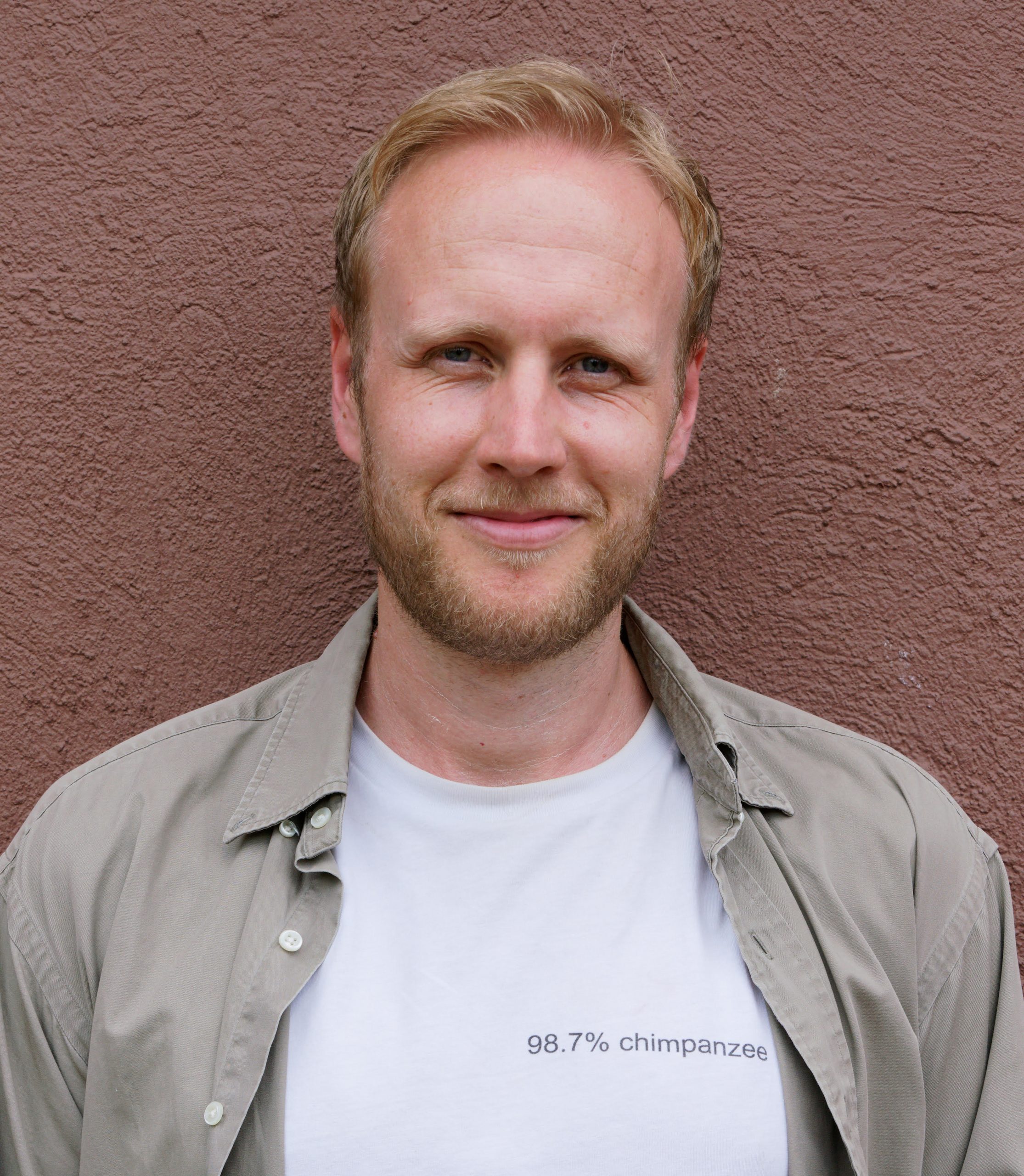
Jan Engelmann
"I study the origins of uniquely human cognition and behavior, with a focus on how individuals reason and act cooperatively. Using behavioral experiments with children and chimpanzees, I try to determine how children in different cultures develop into reasonable and responsible agents, and, correspondingly, why chimpanzees usually don't hold each other responsible for their beliefs and actions."
CVPostdocs
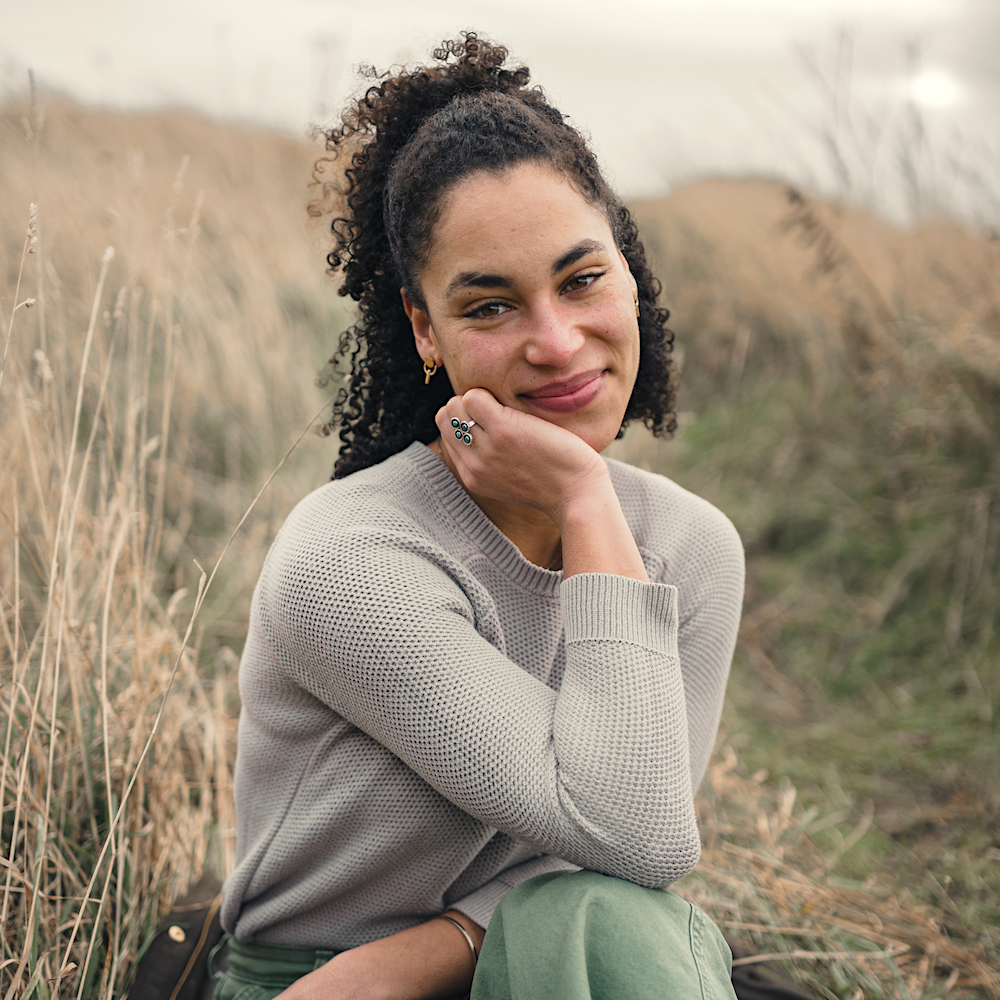
Laura Lewis
"I am fascinated by the evolution of great ape social cognition. Specifically, my research explores how humans and our closest living phylogenetic relatives, chimpanzees and bonobos, have evolved to recognize, remember, and represent one another. I use non-invasive eye-tracking technology and other methods with chimps and bonobos to explore how they attend to familiar and unfamiliar conspecifics, whether they remember previous groupmates, and the extent to which they can comprehend spoken language and emotional expressions."
CV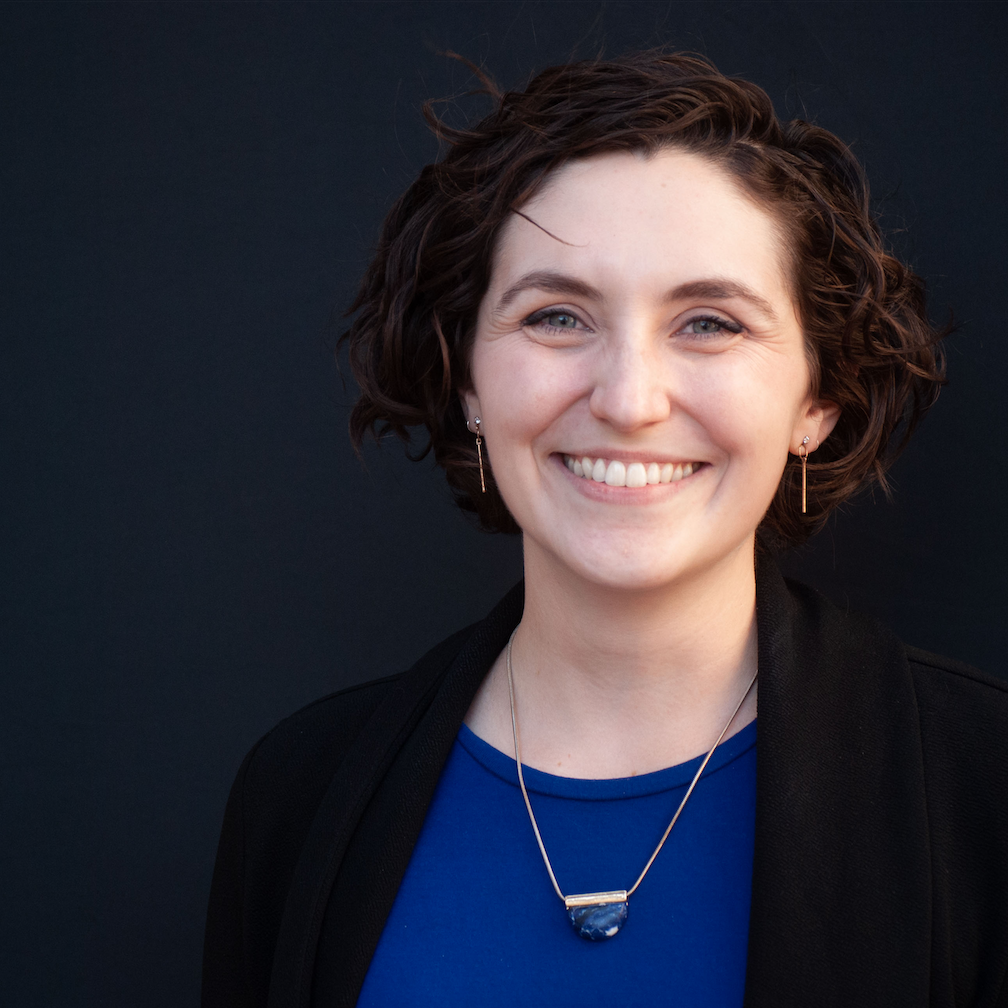
Emily Sanford
"I am a cognitive scientist interested in how people and animals, especially primates, rationally form beliefs based on their experiences. I use computational models to formalize and test hypotheses about the mental processes underlying observable behaviors. In addition to the Social Origins lab, I work with Steve Piantadosi in the Psychology department at UC Berkeley, where I study number knowledge using psychophysical and developmental methods."
CVGraduate Students
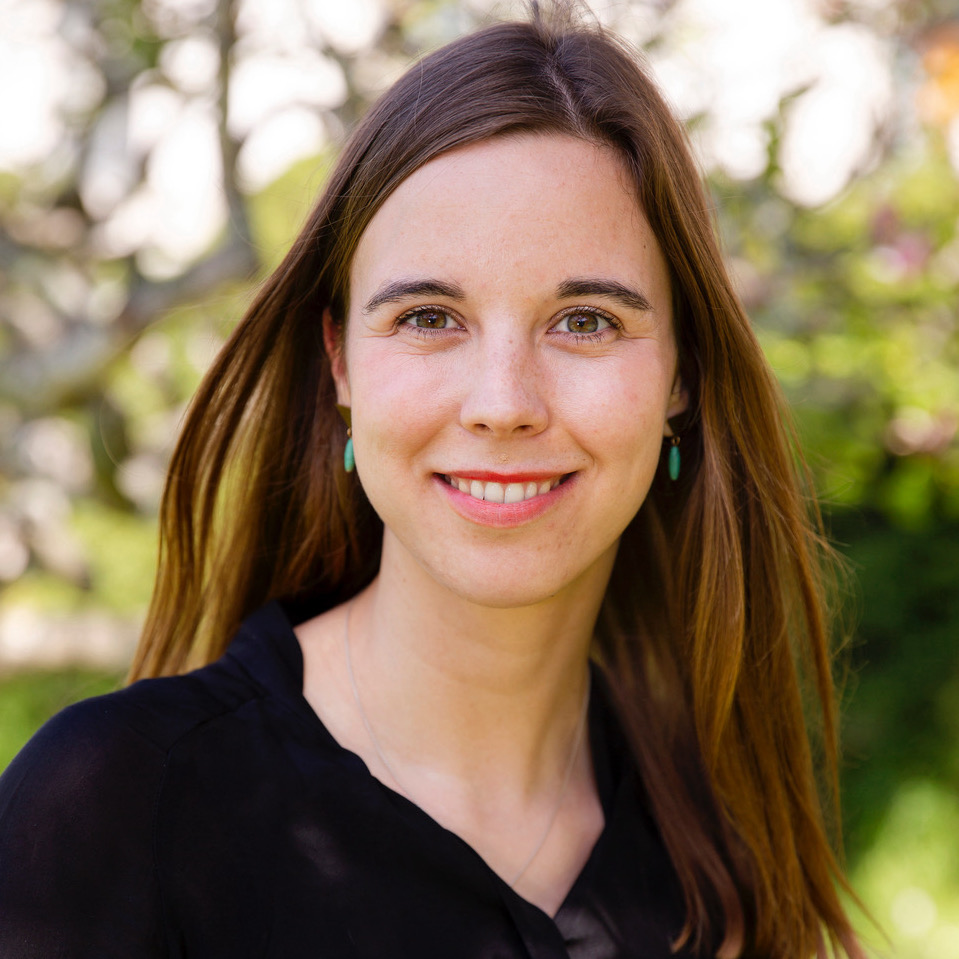
Antonia Langenhoff
"I am fascinated by the development of our distinctly human social reasoning abilities. In my doctoral research, I investigate the role of disagreement in children's cognitive development; specifically, I study whether exposure to disagreement can lead children to realize that they might be wrong. I am also interested in how our social goals and motivations influence our reasoning processes from early in life."
CV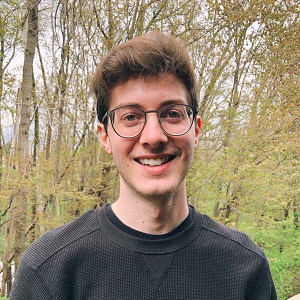
Joshua Confer
"My research broadly focuses on the development and cross-cultural variation in how we come to hold our beliefs and what factors influence such beliefs. Currently, I am investigating how children revise their held beliefs depending on the epistemic and social motivations for doing so. Additionally, I am examining how perceptions of control over another's belief or action relate to corresponding judgments of responsibility."
CV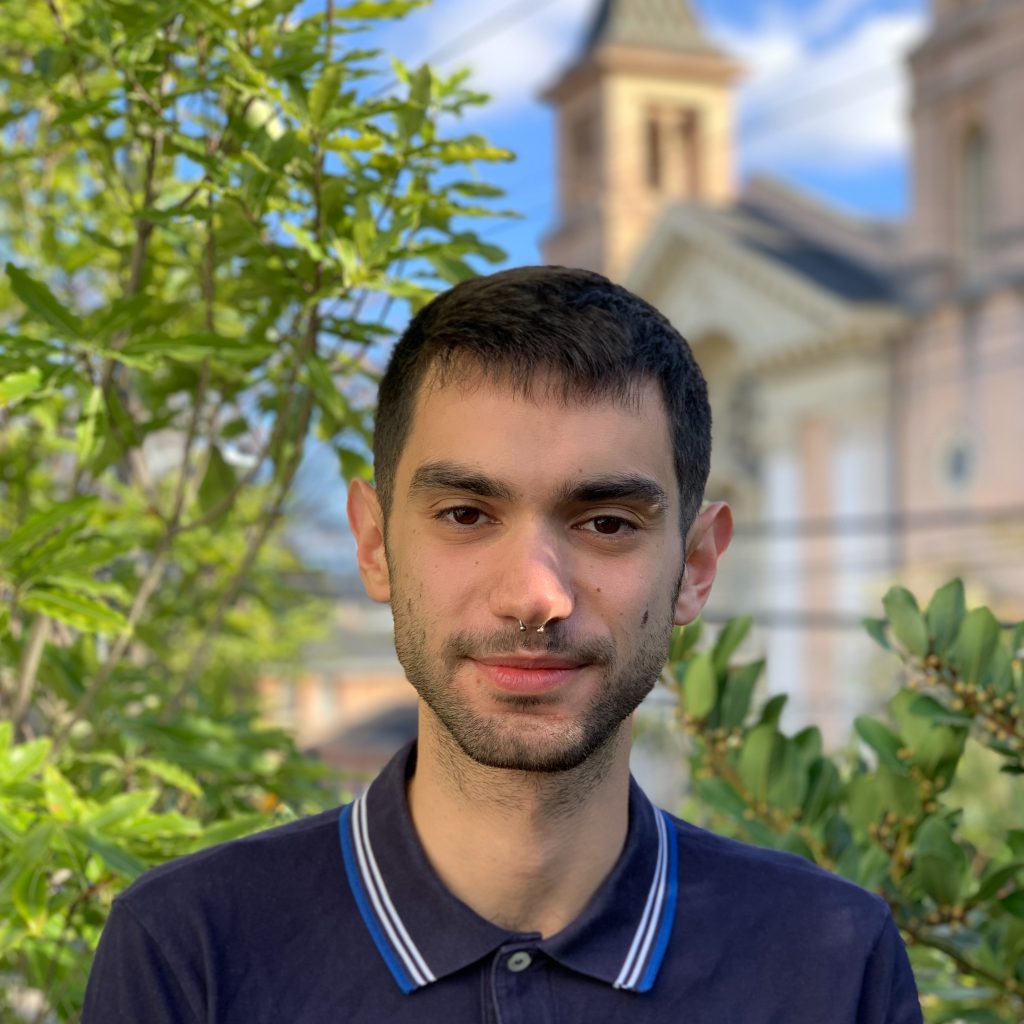
Oded Ritov
"I am interested in moral perceptions and judgments and in how these develop from early childhood to adulthood. Through investigating influences of the social context on these processes, I hope to discover more about their evolutionary function and how it relates to phenomena we see outside the lab."
CV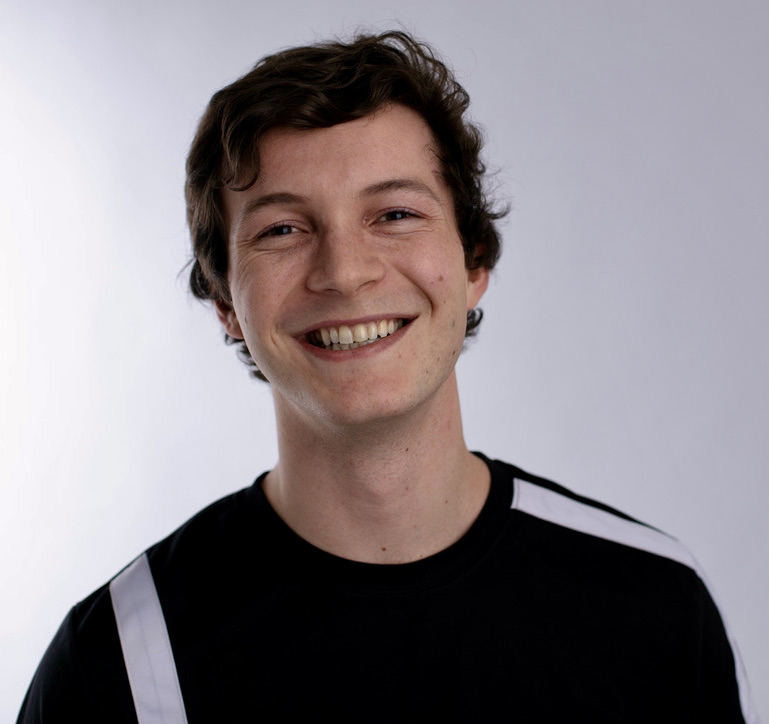
Colin Jacobs
"I’m interested in how young children develop a sense of morality, and how such development relates to the basic human problem of cooperation and cultural cohesion. I'm also fascinated by the underlying cognitive tools children may use to apply or modify moral beliefs, for example; how their development as rational learners interacts with early intuitions to solidify into moral principles, or how their developing capacity for Theory of Mind may affect an understanding that others deserve mutual respect."
CV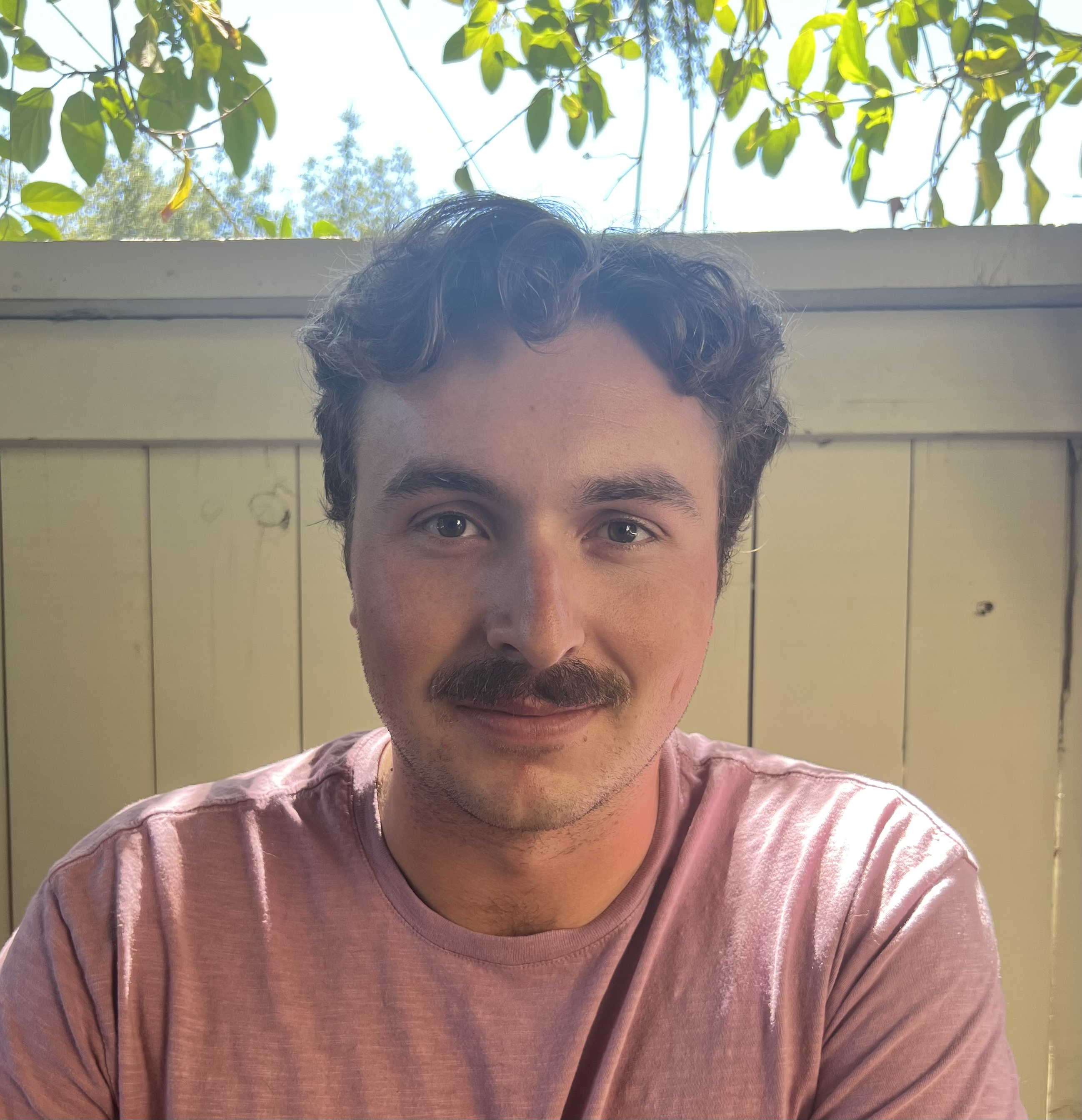
Calder Hilde-Jones
"I am interested in understanding the cognitive underpinnings of traits that differentiate us from our closest relatives, the great apes. I am particularly interested in how key adaptations, such as cumulative culture and cooperation, shape the human mind. I study the evolution of social cognition using comparative techniques, having worked with dolphins, monkeys, and now chimpanzees."
CVLab Manager

Eliza Swindell
"As lab manager, I have had the opportunity to contribute to projects studying curiosity and morality in children. More specifically, I contributed to work comparing the explanation-seeking behavior between 3 year old children and Kea parrots. Working closely with other lab members, I have also designed projects aiming to understand the effects of epistemic injustice (a type of unfairness) on children's help-seeking behaviors."
Affiliated Researchers
Zhen Zhang, Assistant Professor, Chinese Academy of Sciences
Henriette Zeidler, PhD., Aston University
Esther Hermann, PhD., University of Portsmouth
Lab Alumni
Dorsa Amir | Postdoc 2021-2023 | Assistant Professor, Duke University
Rebecca Zhu | Postdoc 2022-2023 | Postdoctoral Fellow, Stanford University
Hanna Schleihauf | Postdoc 2019-2022 | Assistant Professor, Utrecht University
Carolyn Baer | Postdoc 2020-2022 | Postdoctoral Fellow, University of British Columbia and Kwantlen Polytechnic University
Alissa Gomez | Lab Manager 2020-2022 | PhD student, Northwestern University
Lou Houx | Graduate Student 2019-2022 | Postdoctoral Fellow, Max Planck Institute for Human Development